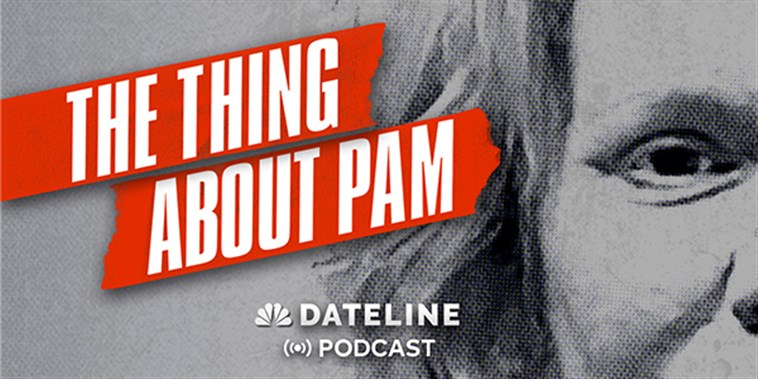In honor of Halloween, I thought it appropriate to explain the ominous-sounding principle of the slayer rule. [Cue a full moon, bats, and a high-pitched cackle here.]
It’s a plot you may come across in murder novels or movies: someone kills someone else in order to inherit money, a house, artwork, or anything else of assumed value. Or, in some cases, the intent might not specifically be an inheritance, but nevertheless, the “slayer” will inherit as a result of the other’s death.
This scheme hits at very core of what most people think is unfair and unjust–why should someone who cuts another’s life short be entitled to benefit from their criminal act? This is why most states have adopted “slayer statutes.”
For example, Iowa adopted such a law (Iowa Code § 633.535) in 1987. It says primarily:
A person who intentionally and unjustifiably causes or procures the death of another shall not receive any property, benefit, or other interest by reason of the death as an heir, distributee, beneficiary, appointee, or in any other capacity whether the property, benefit, or other interest passed under any form of title registration, testamentary or nontestamentary instrument, intestacy, renunciation, or any other circumstance. The property, benefit, or other interest shall pass as if the person causing death died before the decedent.
Note that states differ as to specific provisions and different factors like considerations of an insanity defense, and whether or not a slayer’s heirs are also disinherited. The information in the blog post is meant to speak generally. For slayer rule specifics, it’s important to consult with an experienced attorney in the jurisdiction in question.
Main Principles of the Slayer Rule
Generally speaking, the principle of the rule is that an estate plan beneficiary cannot inherit any property, fiduciary appointment, or power of appointment from a testator who the beneficiary intentionally and feloniously kills. The rule also applies if the beneficiary kills someone else (besides the testator) who had to die before they could inherit. In the case of an estate planning document (like a will), the entire will is interpreted by the court as if the slayer died before the testator. (This causes the gifts to said slayer-beneficiary to lapse.)
What if there is no will? The slayer rule still applies. So in the case of non-probate transfers (like a trust or a checking account with a beneficiary designation) the slayer could not inherit. The same goes if the slayer is an heir at law set to inherit under the state’s intestacy laws.
What Kind of Killing Triggers the Slayer Rule?
Typically the killing must be: 1) intentional; 2) felonious; and 3) without legal justification, like valid self-defense. Murder and some forms of manslaughter (such as voluntary manslaughter) tend to fulfill these requirements. Negligent homicide and involuntary manslaughter typically won’t qualify, as the slayer lacks the required element of intent.
For example, let’s say Anna has a son named Billy. Anna’s husband (Billy’s father) had passed away previously and Billy was set to inherit his mother’s entire estate under her will. Billy loved his mom and liked to make sure she still got out and did fun things in her older age. One night Anna and Billy go out to dinner and order some wine. Billy drinks a bit too much, but because his mother’s eyesight is impaired, Billy still chooses to drive his mother home even though he’s impaired. The car crashes and Anna, unfortunately, dies as a result, but Billy lives. Even if drunk driving is a felony in the jurisdiction, Billy lacked the intent element as there’s no evidence that shows he intended to kill Anna. Thus, the slayer statute would not prohibit Billy from inheriting Anna’s estate.
Does There Have to be a Trial and a Conviction?
For the slayer rule to come into play, there doesn’t need to be a criminal trial or a criminal conviction. It is enough for a civil litigation court to find the slayer responsible for the other’s death by a preponderance of the evidence. Interestingly enough, even if an alleged slayer is acquitted of a crime, it does not stop the civil court from applying the slayer rule and barring the inheritance.
That said, if there is a final, unappealable criminal conviction finding the killing to be intentional and felonious, it would establish all the requirements of the slayer rule. There would be no other need for other proof because such a criminal conviction requires proof beyond a reasonable doubt.
Smart Estate Planning
Of course, the odds that the slayer rule will apply to most of our estates is (thankfully) extremely rare. But it’s analogous to a more common situation — the beneficiary dying before the testator. An issue that then complicates donative intent is if the testator fails to or doesn’t have time to update their estate plan and there’s no remainder (or back-up) beneficiary to inherit instead. When working with an experienced estate planner it’s a wise idea to name secondary beneficiaries, as well as “back-up” will executors or trust trustees. That way distribution or administration of your hard-earned assets is not left up to the court.
Questions about the slayer rule or other somewhat obscure estate planning laws? Need to get started on your estate plan? Don’t hesitate to contact me for a free consult!




















